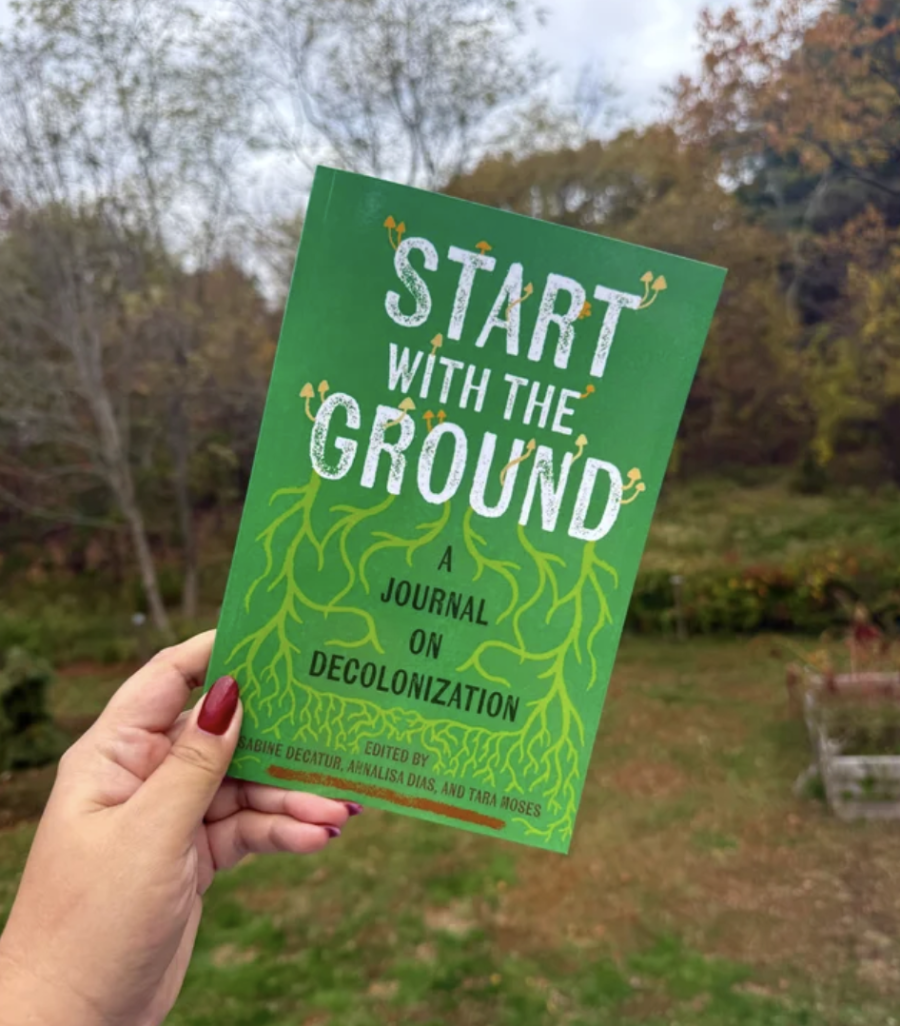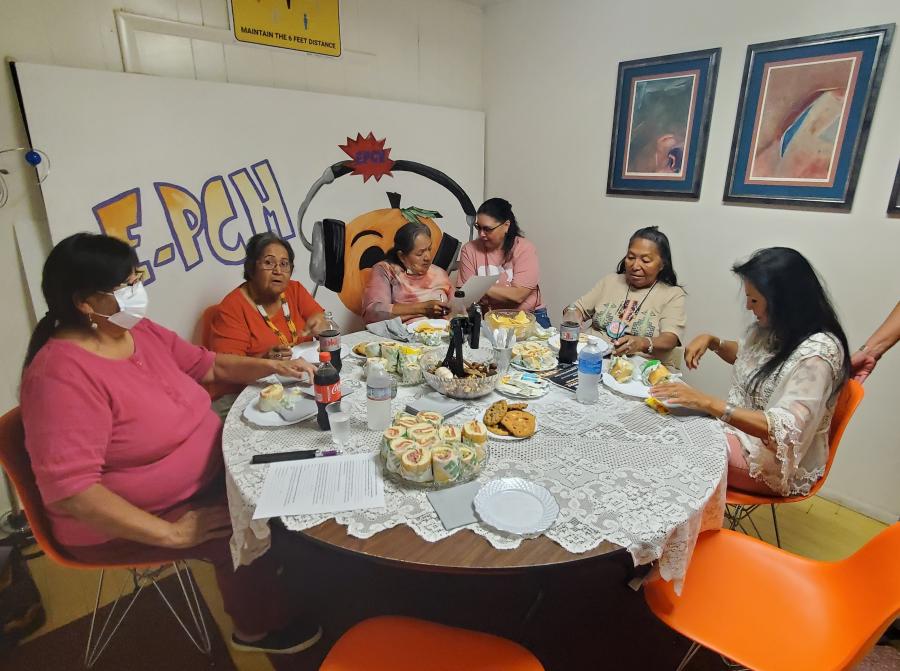
We at Cultural Survival support the Standing Rock Sioux Tribe in demanding that the United States government and the United Nations acknowledge and respond to the gross human rights and Treaty violations that have occurred from the construction of the Dakota Access crude oil pipeline near the Standing Rock Reservation in North Dakota. The Standing Rock Sioux Tribe has not given their Free, Prior and Informed Consent to and has outwardly opposed the Dakota Access Pipeline project, which would threaten their main water source, the Missouri River, and disturb sacred burials sites.
We, at Cultural Survival, stand with the Sioux Tribes in their opposition of the Dakota Access Pipeline, the threat of destruction of their lands, and the ongoing and impending human rights violations. We urge the United States to maintain integrity in respecting the 1868 Ft. Laramie Treaty and other international human rights standards to which the United States is obligated, including obtaining Free, Prior, and Informed Consent of the affected Tribes; to be fair and just towards human rights defenders and provide a process of redress. We decry that the United States has permitted Energy Transfer to divert the pipeline’s route from near the mainly non-Indigenous population of Bismarck, ND, which will now disproportionately impact the Standing Rock Sioux Tribe.
Thousands of peaceful protesters have temporarily halted the pipeline’s construction. We call upon the UN Rapporteur on the situation of Human Rights Defenders to urge the United States to immediately cease all arrests and other forms of intimidation, drop any pending lawsuits, and ensure that all legal charges against these human and Treaty Rights defenders be lifted. We call on the United States to be accountable in upholding its statutory, legal, and human rights obligations and demand a halt to all pipeline construction until Treaty obligations, and the human rights of the Standing Rock Sioux Tribe are met and the Tribe’s self-determination is respected.
Suzanne Benally
(Santa Clara Tewa and Navajo)
Executive Director
Photo courtesy of Joe Catron/ Flickr.



